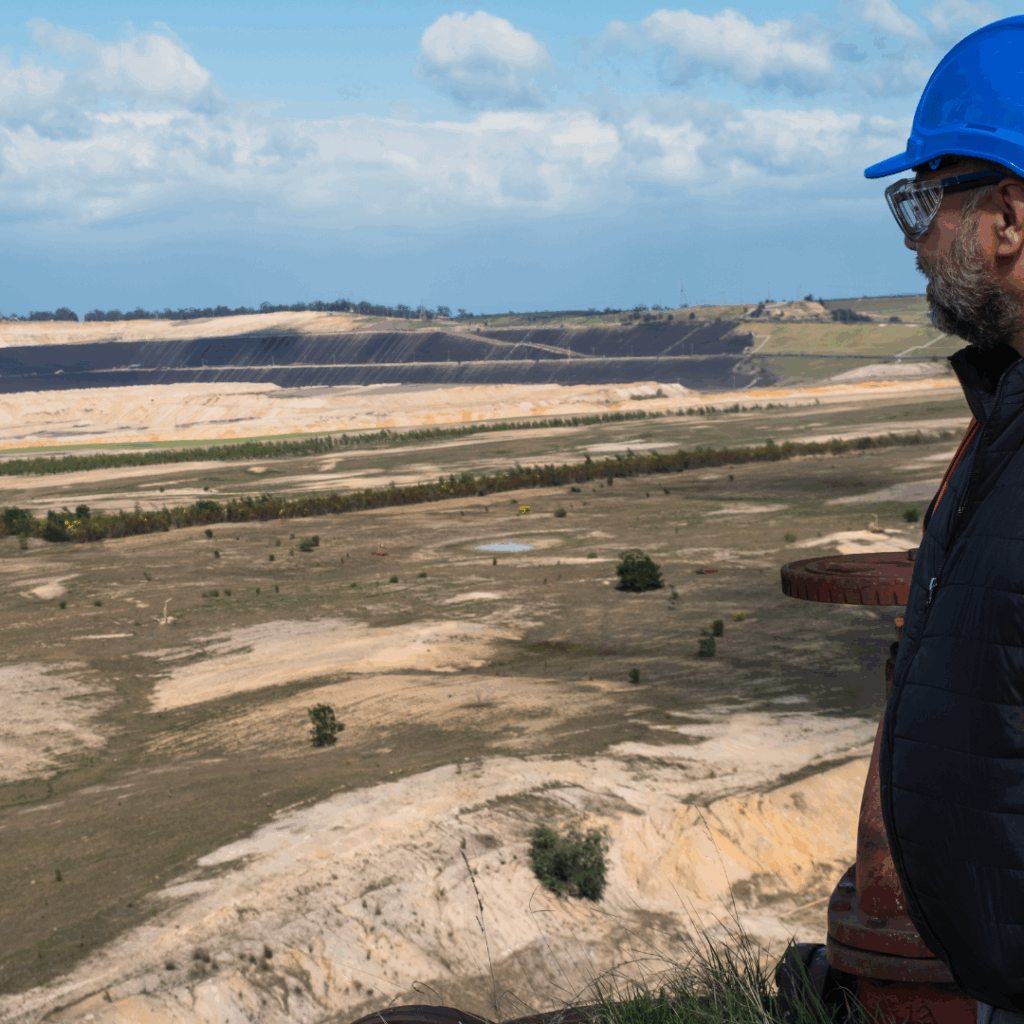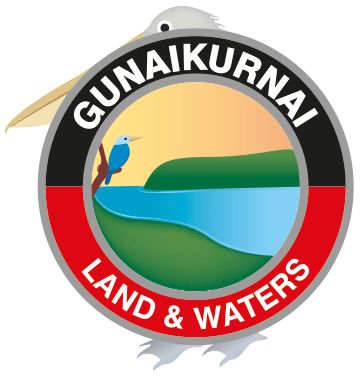Healing Wurruk after coal
18 September 2025

The Gunaikurnai Land and Waters Aboriginal Corporation (GLaWAC) has released Healing Wurruk after Coal, a position statement outlining Gunaikurnai principles, rights and priorities for the remediation of coal mines in the Latrobe Valley.
For more than a century, the Latrobe Valley’s coal industry has powered Victoria, providing most of the state’s electricity and supporting tens of thousands of jobs that shaped Gippsland’s economy and identity. But alongside those benefits, coal mining has also damaged Country, destroyed cultural heritage, and harmed the health of Gunaikurnai people. Now, as the industry transitions to cleaner energy production, GLaWAC is asserting its cultural responsibility — and right — to lead in the healing of Wurruk (land), Yarnda (water) and Watjapoon (air).
“We will not be bystanders,” said Troy McDonald, Chair of GLaWAC. “Mine remediation is not just a technical challenge. It’s cultural, social and environmental. This is a moment to heal landscapes and relationships, to respect our values and to set new standards for partnership and accountability. That is what a just transition requires.”
The position statement highlights that while mining companies and governments are legally obliged to ensure “safe, stable and sustainable” outcomes, true healing must go further. Guided by the Gunaikurnai Whole-of-Country Plan, GLaWAC’s vision calls for:
- Respecting water sustainability: safeguarding the health of the Durt’Yowan (Latrobe River), and Gippsland Lakes, and upholding Gunaikurnai water sovereignty.
- Protecting cultural heritage: ensuring Country is remediated in line with traditional knowledge and values.
- Healing beyond the mine voids: addressing cumulative harm across the landscape, ecosystems, and communities.
- Creating lasting legacies: including land returns, fair economic compensation, employment pathways, and participation in renewable energy projects.
- Resourcing Gunaikurnai leadership: securing long-term agreements and funding to ensure Traditional Owners are at the table as genuine decision-makers, not just consultees.
The statement reinforces Gunaikurnai people’s right to Free, Prior and Informed Consent (FPIC) in line with the UN Declaration on the Rights of Indigenous Peoples, and sets out a clear framework for how mine operators, government and industry must partner with Traditional Owners in decision-making.
“Healing Wurruk is our cultural obligation,” said Troy McDonald. “If this transition is done right, it can deliver reconciliation, self-determination and healing for both Country and community. If it is done poorly, it risks repeating the mistakes of the past. The choice is clear.”




